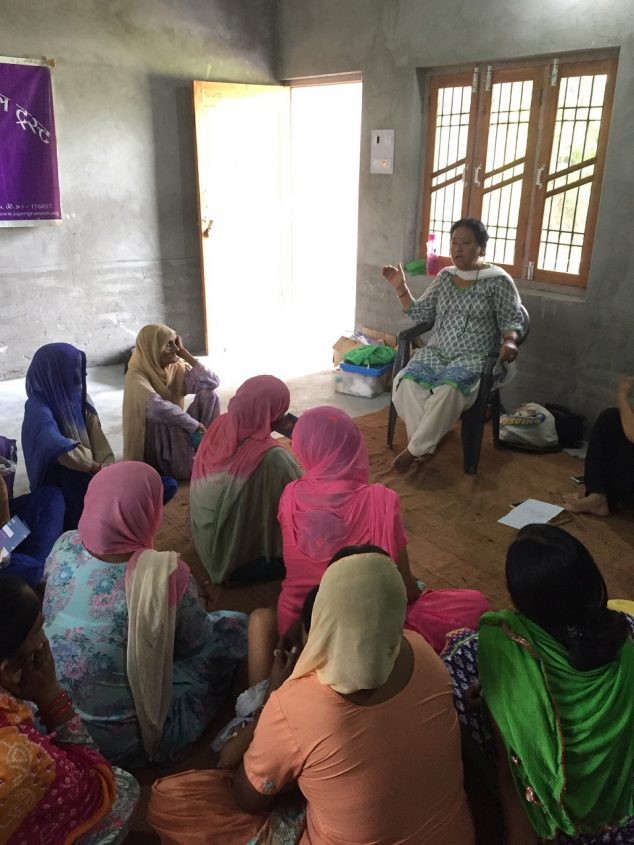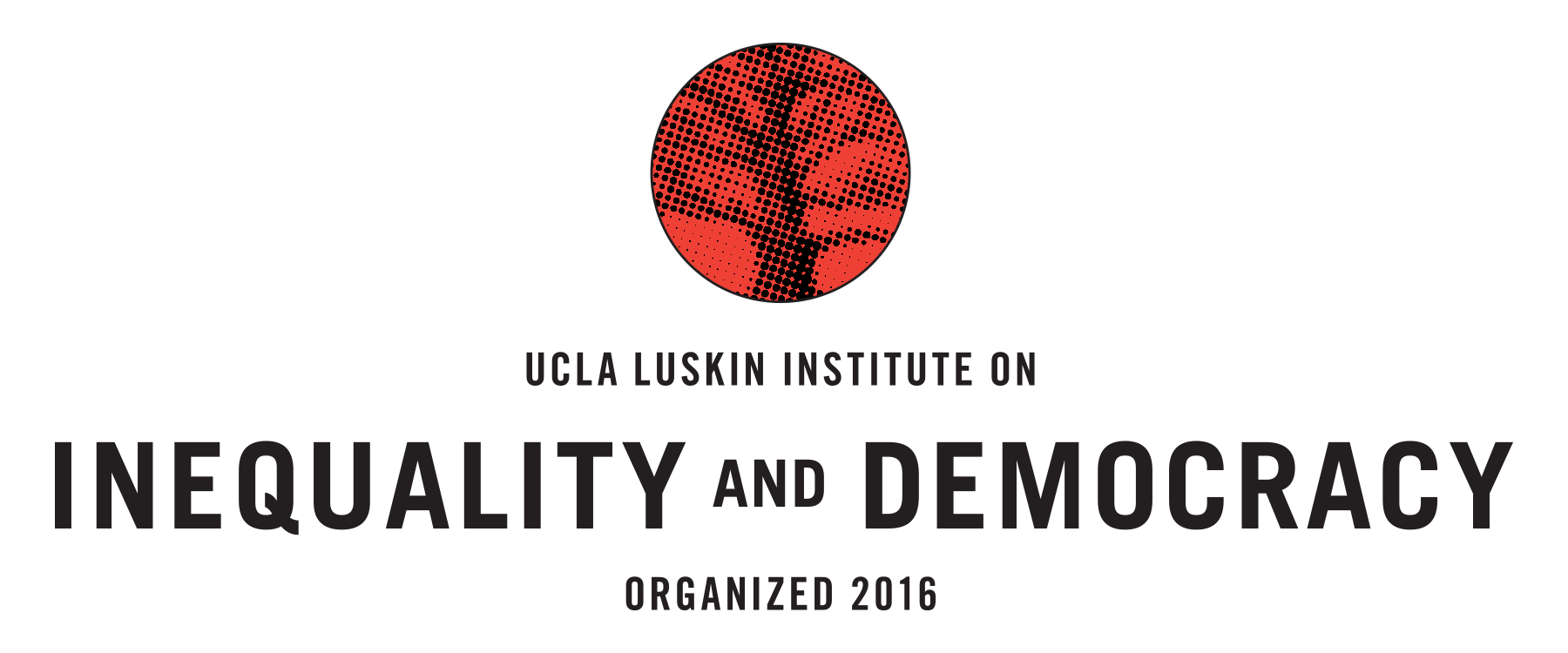(Gabriel Locke Suchodolski, Hannah Carlan,
Nafis Hasan, Nivedita Nath and Tanya Matthan)
Welfare has come to reshape communities’ livelihoods in historically unprecedented ways in the global South. The topic of welfare has permeated discussions of development, citizenship, human rights, and infrastructure. Through an interdisciplinary, fieldwork-based research dialogue, this working group aims to trace multiple ways in which the ‘public’ and popular politics have been reconfigured by welfare in one of the most populous and welfare-engaged countries in the world: India. Indian democracy has both been hailed as welfare engaged as well as dismissed for presenting a ‘mirage of welfare’ while the rights of its vast masses go unheeded. Over two decades after the liberalization of its economy, India is grappling with the highest levels of inequality since colonial rule. We thus propose that it is particularly relevant to critically evaluate the rhetoric and the actual workings of welfare policy in India.

We engage the topic welfare in its broadest sense, drawing on multiple disciplines, and comprehend the topic as both:
1) A constellation of legal entitlements to public services and goods such as education, health, housing, employment, cash transfers, or other scheme-based incentives;
2) A socioculturally constituted set of discourses and practices that continuously reshapes subjectivities and social relations vis-à-vis the state, transnational capital, and humanitarian organizations.
Building on findings from our individual archival and fieldwork in urban and rural locations across India in summer 2016, we will collaboratively investigate the cultural, economic, and political logics of welfare. Throughout the academic year we will host public talks by scholars and activists, maintain reading a discussion groups and publish short pieces and podcasts. Through these collective activities we hope to nurture dialogues between different local communities, activists, scholars, and across academic disciplines on the fascinating topic of welfare.

